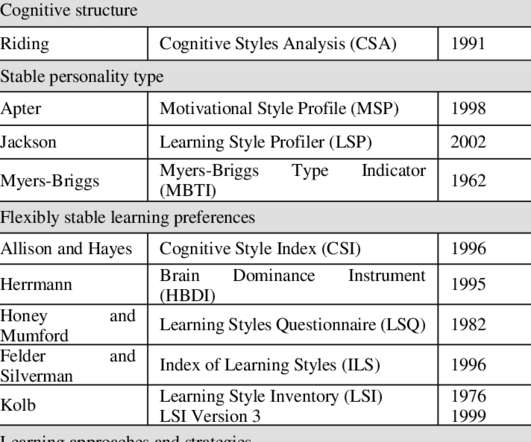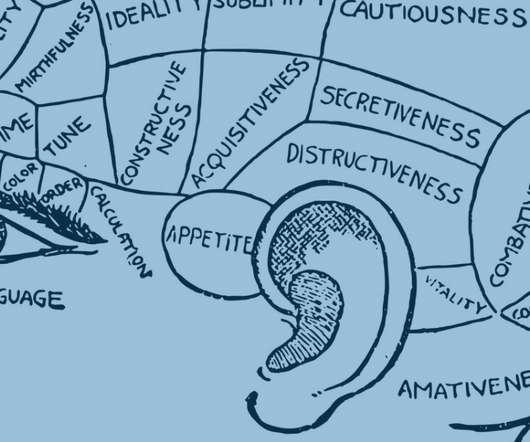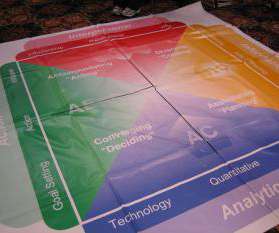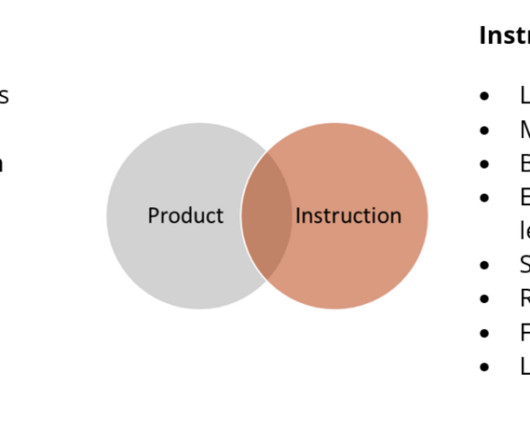Best Practices to Ensure Successful Custom e-Learning Development
Infopro Learning
MAY 19, 2022
When collecting details of the target audience, focus on the following elements – Age of trainees/learners: Generally, millennial employees or trainees prefer gaming and simulations in learning, whereas Gen Y and Gen X individuals prefer learning through text-based course content. Accommodate learners with self-paced e-learning.










































Let's personalize your content